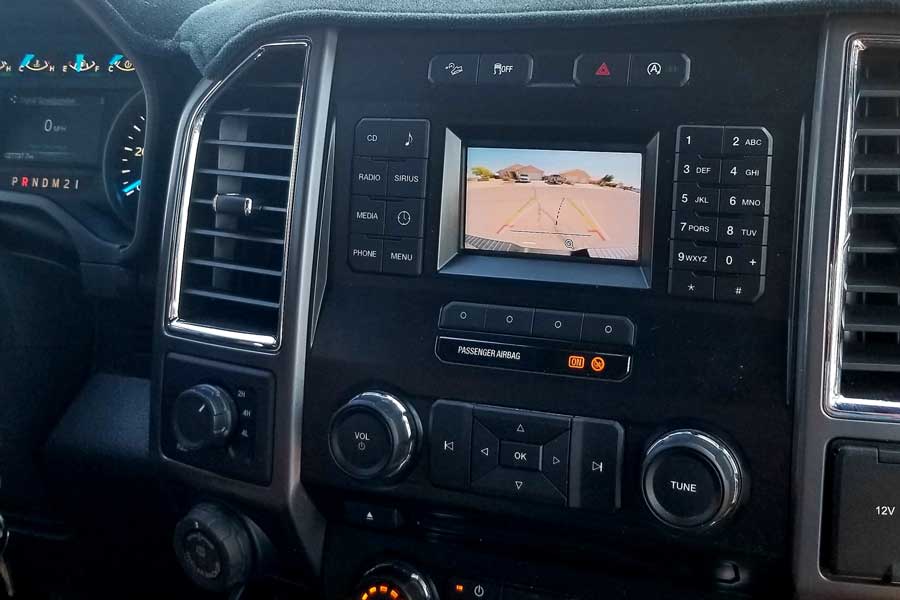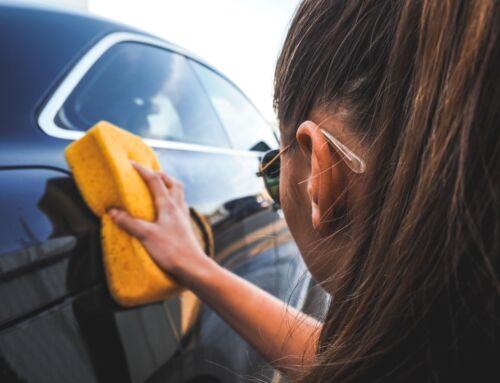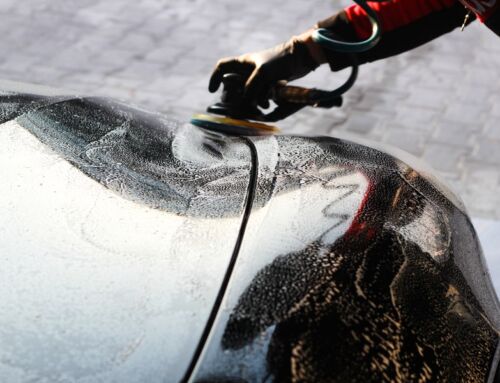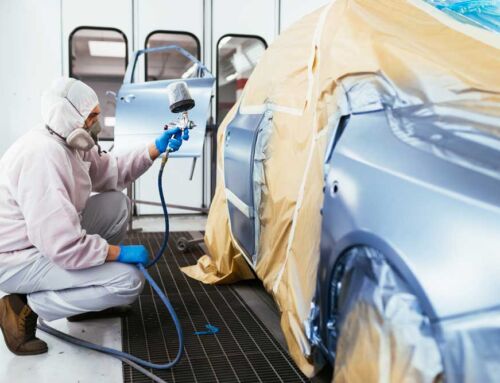Updated: 02/11/2025
Here in Sonoma County, where we navigate everything from busy Highway 101 to winding vineyard roads, Advanced Driver Assistance Systems (ADAS) have become an integral part of our vehicle safety.
As your local auto body experts, we’re seeing more vehicles equipped with these sophisticated systems, making proper ADAS calibration crucial after collision repairs.
| ADAS Component | Safety Function |
|---|---|
| Forward Collision Warning | Alerts driver to potential front-end collisions |
| Lane Departure Warning | Monitors lane position and warns of unintentional drift |
| Blind Spot Detection | Identifies vehicles in hard-to-see areas |
| Automatic Emergency Braking | Applies brakes to prevent or reduce collision severity |
Understanding ADAS Technology
According to the Insurance Institute for Highway Safety, vehicles equipped with ADAS technology show a significant reduction in crashes. These sophisticated systems use a network of sensors, cameras, and radar units strategically placed around your vehicle to monitor surrounding conditions and assist with safe driving.
When your vehicle undergoes collision repair services, these precise systems often require recalibration. Even minor bumper repairs can affect sensor alignment, potentially compromising your vehicle’s safety features.
The importance of proper calibration cannot be overstated. These systems rely on extremely precise measurements to function correctly, often down to fractions of a degree in their alignment.
The Calibration Process
- Initial system diagnostic scan to identify affected components
- Precise positioning of specialized calibration equipment
- Environmental control to ensure accurate readings
- Systematic calibration of each affected sensor
- Final verification scan to confirm proper operation
At Downtown Autobody, our I-CAR Gold Class certified technicians use state-of-the-art calibration equipment to ensure your vehicle’s safety systems function as intended. We understand that proper calibration is not just about meeting specifications – it’s about ensuring your family’s safety on Sonoma County roads.
When ADAS Calibration Is Needed
- Following any collision repair
- After windshield replacement
- When suspension components are replaced
- If bumpers or body panels are repaired or replaced
- When wheel alignment is performed
Modern vehicles are increasingly complex, and proper calibration requires specialized knowledge and equipment. While providing temporary transportation solutions during repairs, we ensure every vehicle leaving our facility meets manufacturer specifications for safety system operation.
ADAS Components
Includes systems like Forward Collision Warning, Lane Departure Warning, and Blind Spot Detection.
Calibration Process
Involves diagnostic scans, precise equipment positioning, and final verification for safety assurance.
When Calibration is Needed
Necessary after collision repairs, windshield replacements, and other specific repairs to maintain system accuracy.
Choosing Experts
Ensure vehicle safety by selecting a certified repair facility with advanced knowledge of ADAS calibration.
Your Next Steps
Protecting your investment in modern vehicle technology starts with choosing a qualified repair facility. As your local auto body experts, we understand the intricate relationships between collision repair and ADAS calibration. If you’ve recently experienced a collision or have questions about your vehicle’s safety systems, we encourage you to reach out to Downtown Autobody. Our team is here to ensure your vehicle’s sophisticated safety features continue to protect you and your family on every journey through Sonoma County.





